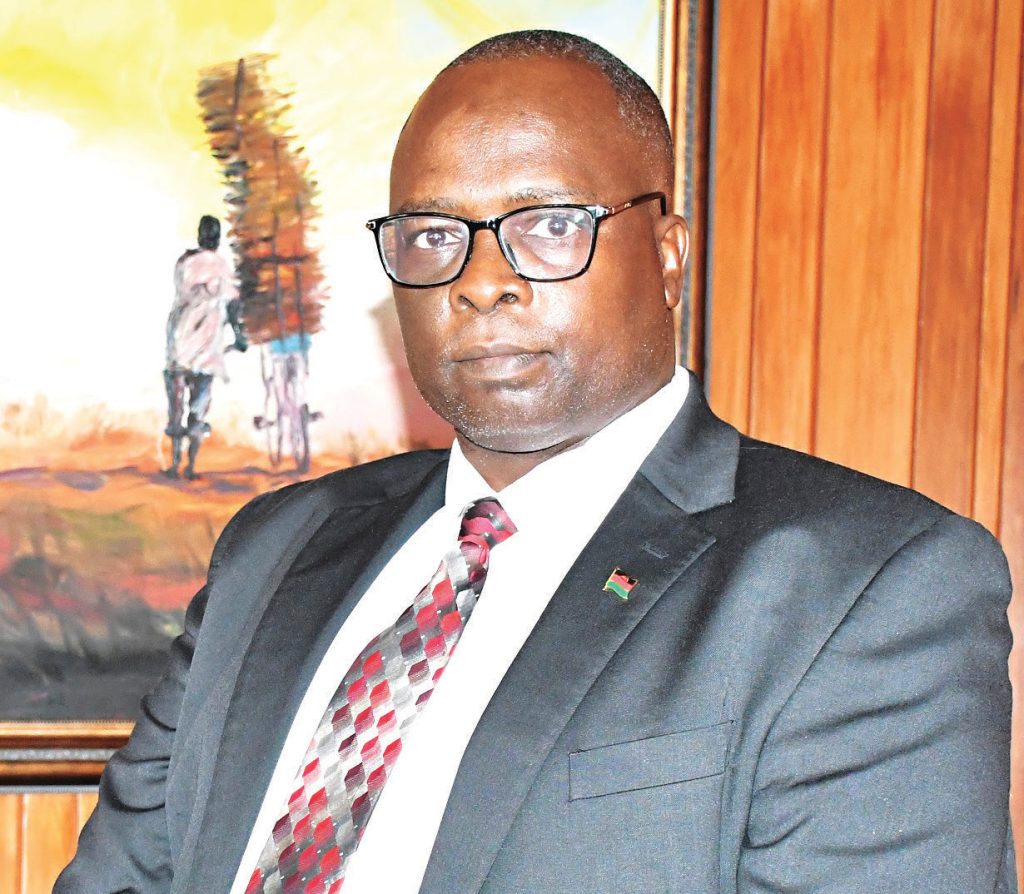Key Business Points
- Private sector credit in Malawi increased by K199.9 billion in June, reaching a total credit stock of K1.9 trillion, with an annual growth rate of 32.7 percent.
- The agriculture sector claimed the largest share of credit, with K75.1 billion, followed by manufacturing activities with K69.1 billion, and community, social and personal services with K46.9 billion.
- The World Bank’s Malawi Economic Monitor projects a 20.6 percent increase in private sector credit in 2025, despite a higher money supply growth projected at 38.8 percent this year.
Malawi’s business community has witnessed a positive development in the access to credit, with the private sector claiming about K200 billion credit in June. According to the Reserve Bank of Malawi (RBM)’s monthly economic review, the annual growth rate of private sector credit accelerated to 32.7 percent in June, higher than the 28.5 percent recorded in June last year. This increase was primarily driven by commercial and industrial loans, foreign currency-denominated loans, and individual loans. The central bank’s push for increased industrial investment is supported by the development, with K167.7 billion of the total credit increase in the month going towards commercial and industrial financing.
The agriculture sector was the largest beneficiary of credit, with K75.1 billion, followed by manufacturing activities with K69.1 billion. Other sectors that accessed considerable credit include community, social and personal services (K46.9 billion), restaurants and hotels (K10.6 billion), wholesale and retail trade (K8.9 billion), and transport, storage and communications (K7.1 billion). This development is expected to boost zochitika za ukulu (economic growth) in the country.
However, the World Bank’s Malawi Economic Monitor projects a decline in private sector credit growth to 17 percent in 2026, despite a higher money supply growth projected at 55.8 percent. The report also notes that there was low credit to mining and electricity as of April, with personal, social and community services dominating credit access. Central bank governor McDonald Mafuta Mwale has acknowledged the flawed credit flow as a key factor contributing to the continued economic imbalance, and the central bank is working with mabanki aukulu (development finance institutions) to increase resources channeled towards new catalytic projects. This move is expected to improve mfumukazi wa zikomko (access to finance) for private sector players, particularly wafcozgi (small and medium-sized enterprises).
What are your thoughts on this business development? Share your insights and remember to follow us on Facebook and Twitter for the latest Malawi business news and opportunities. Visit us daily for comprehensive coverage of Malawi’s business landscape.
- Malawi’s Bold Rate Drop: Powering Business Growth & Investor Confidence - February 6, 2026
- Malawi’s K4.6tn Trade Deficit Surge: Business Implications in a Shifting Economy - February 6, 2026
- Malawi Spain Strategic Agreement Powers New Business Opportunities - February 6, 2026

